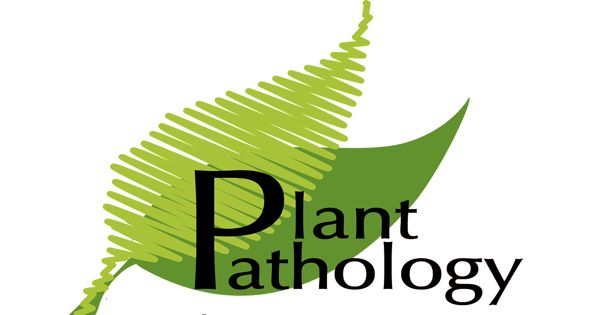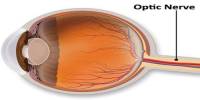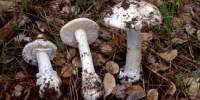Plant pathology is a branch of botany concerned with the diseases of plants. It is the science that studies the causes of plant diseases, the mechanisms by which diseases develop in individual plants and in plant populations, and the ways and means by which plant diseases can be managed or controlled. It also is known as phytopathology, which is the scientific study of diseases in plants caused by pathogens (infectious organisms) and environmental conditions (physiological factors). There are a wide variety of microorganisms such as fungi, bacteria, viruses, and nematodes that cause these diseases. Diseases caused by these pathogens are often called biotic diseases.
Plant pathology is the study of pathogen identification, disease etiology, disease cycles, economic impact, plant disease epidemiology, plant disease resistance, how plant diseases affect humans and animals, pathosystem genetics, and management of plant diseases.
Organisms that cause infectious diseases include fungi, oomycetes, bacteria, viruses, viroids, virus-like organisms, phytoplasmas, protozoa, nematodes, and parasitic plants. Also, environmental conditions, such as winter damage or drought stress, can cause disease in plants. Diseases caused by these factors are often called abiotic diseases. Not included are ectoparasites like insects, mites, vertebrate, or other pests that affect plant health by eating plant tissues. Plant pathologists are responsible for studying plant diseases, and their studies include various aspects of plant diseases, such as the organisms and environmental conditions that cause disease in plants.

The principles of plant pathology are statements that hold true for a large number and variety of plant diseases that share some basic common characteristics, for example, they are all caused by microorganisms. Plant disease is the result of an infectious, or biotic (a living component of an ecosystem) agent or a noninfectious, or abiotic (nonliving, physical, and/or chemical component) factor. The science of plant pathology is closely allied with other sciences such as botany, mycology, microbiology, genetics, chemistry, horticulture, agronomy, and soil science. A plant disease is an abnormality in the structure and/or function of the host plant cells and/or tissue as a result of a continuous irritation caused by a pathogenic agent or an environmental factor. Plant pathologists integrate and use information from many of these sciences to develop insights into disease development and disease control.
Plant pathology also involves the study of pathogen identification, disease etiology, disease cycles, economic impact, plant disease epidemiology, plant disease resistance, how plant diseases affect humans and animals, pathosystem genetics, and management of plant diseases. It also interfaces knowledge from other scientific fields such as mycology, microbiology, virology, biochemistry, bio-informatics, etc. Plant injury is an abrupt alteration of form or function caused by a discontinuous irritant. Plant injury includes insect, animal, physical, chemical or environmental agents.
















